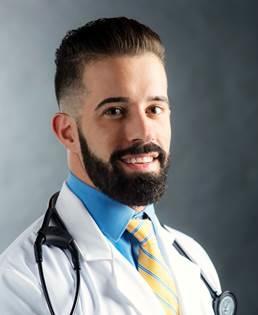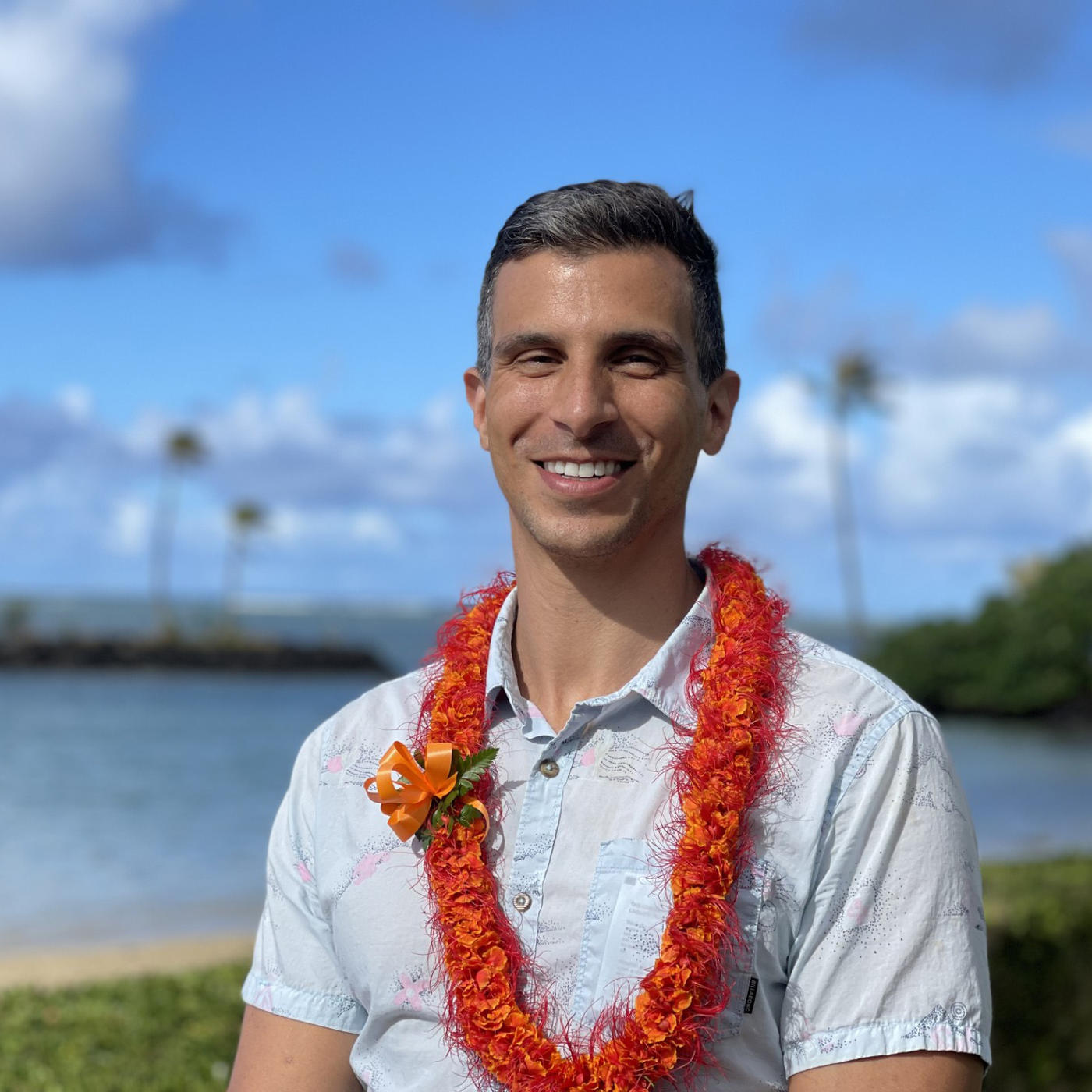On December 1, World AIDS Day kicks off AIDS Awareness Month, a time to bring attention to this deadly disease, honor those who have been lost to it, and work to end the related stigmas. Acquired immunodeficiency syndrome (AIDS) is an advanced stage of human immunodeficiency virus (HIV), an infection that attacks the body’s immune system.
HIV weakens the immune system by targeting the body’s white blood cells, making it easier to become sick with other diseases, infections, and some cancers. HIV is spread through the body fluids of an infected person, including blood, breast milk, semen, and vaginal fluids. It is not spread, however, by such casual contact as hugs, kisses, or the sharing of food. There is no cure for HIV, but it can be treated and prevented with antiretroviral therapy (ART), which stops the virus from replicating.
HIV is no longer the “death sentence” it once was — see the HIV.gov timeline for a refresher course on the HIV/AIDS epidemic — but it remains a major global public health issue. An estimated 39 million people were living with HIV at the end of 2022, a year that saw some 630,000 die from the disease.
To learn more about HIV/AIDS, we sat down with Dr. Edgar Fernandez, a 2017 graduate of American University of the Caribbean School of Medicine (AUC) in Sint Maarten. Dr. Fernandez completed an internal medicine residency at Florida Atlantic University and an infectious disease fellowship at University of Miami-Jackson Memorial Hospital. He is a certified HIV specialist and currently serves as the medical director of the AIDS Healthcare Foundation (AHF) Healthcare Center – South Beach in Miami.
Q: What drew you to your specialty?
A: The only knowledge I had of what it meant to be a gay man was of my late cousin, who had passed away due to complications from AIDS. Hearing his stories through my family scared and saddened me, yet sparked my desire and passion to work in the field of infectious disease.
Curiosity regarding my cousin’s unfortunate passing compelled me to take a class dedicated to the study of HIV and AIDS during my undergraduate education at Florida International University. This class inspired me and solidified my decision to apply to medical school. It helped me realize many others like me had faced an all-too-similar experience and that there were many lesbian, gay, bisexual, transgender, and queer (LGBTQ) youths who lacked resources regarding HIV and STI [sexually transmitted infection] prevention. I began to see this as a broader problem.
In medical school, my interest in the field of infectious disease began to expand. During my first years of medical school, I joined the Sint Maarten AIDS Foundation and delivered free testing to the poorest areas of the island. In residency, I focused the majority of my time and energy assuming a leadership role in fighting against the stigmas and health disparities associated with HIV/AIDS and LGBTQ health. My research studies on HIV and the LGBTQ community have yielded alarming evidence of a significant lack of education. I was stunned to learn that although much progress had come to the LGBTQ community since my time as a teenager, there was little evidence of improvement in regards to medical education and resources. I have since volunteered with Latinos Salud, a South Florida nonprofit organization that provides HIV and STI care and prevention for the Latinx community. As a Hispanic physician, I find giving back to the community is of utmost importance, as health care inequalities are not isolated to only the LGBTQ population.
Q: What do you find most rewarding about your specialty?
A: I am able to help and give proper care to patients who are often disenfranchised by society because of their sexual orientation or gender identity.
Q: What do you like best about your work?
A: I am able to help and give back to my community as an openly gay physician and educate them on HIV. I also am able to provide a safe environment for my transgender patients to receive medical care.
Q: What bias or stigmas do LGBTQ+ patients face when seeking medical care — specifically for HIV/AIDS?
A: Patients still tell me stories of discrimination based on their HIV status — even within the LGBTQ+ and medical communities. There is a common misconception that you can transmit HIV if you are undetectable (<200 copies of virus/mL of blood). The Centers for Disease Control and Prevention and the National Institutes of Health have stated that undetectable = untransmittable If an HIV-positive patient is undetectable and has unprotected sex with an HIV-negative partner, and the HIV- negative partner is NOT on Pre-Exposure Prophylaxis (PrEP) the risk of acquiring HIV is 0%.This is a huge medical breakthrough that our society still does not fully understand. The biggest factor to help change the stigma is EDUCATION of our communities.
Q: How do you alleviate people’s fears and encourage them to seek medical treatment for HIV/AIDS?
A: I let them know that, nowadays, HIV/AIDS is no longer a “death sentence.” You are more likely to die (over time) from complications due to hypertension or diabetes than HIV — if patients are compliant with their medication.
Q: Statistics show that Latinx and Black Americans are disproportionately affected by HIV/AIDS. Why is that?
A: Many socioeconomic factors (insurance, social background, sexual orientation, etc.) play an active role in this disproportion. A big factor still is lack of education on HIV and the medications used to help prevent it (PrEP), especially among primary care physicians and providers. [National Black HIV/AIDS Awareness Day #NBHAAD is in February; National Latinx AIDS Awareness Day #NLAAD2023 is in October.]
Q: And finally, we hearken back to your days as a medical student in Sint Maarten. What do you remember best about your time at AUC?
The best memories I have are of my friends, fellow students who are also now physicians after our block exams. We would always make sure to treat ourselves to a night of fun. My microbiology professor was the best to me. Through her guidance, I was able to solidify my love for the field of infectious disease.
To learn more about HIV/AIDS, visit HIV Basics and HIV Stigma Facts as well as WHO HIV Global.
At AUC School of Medicine, we’re training future infectious disease and other specialist physicians. Our 2022–2023 MD graduates achieved a 97% first-time residency attainment rate,* and are now beginning their post-graduate training across 24 specialties. Learn more about AUC and its accreditation, as well as the MD program and its admission requirements. Thank you, Dr. Fernandez, for your wealth of information: ¡Salud!
*Percentage of students attaining a 2023–2024 residency position out of all graduates or expected graduates in 2022–2023 who were active applicants in the 2023 NRMP match or who attained a residency position outside the NRMP match.





